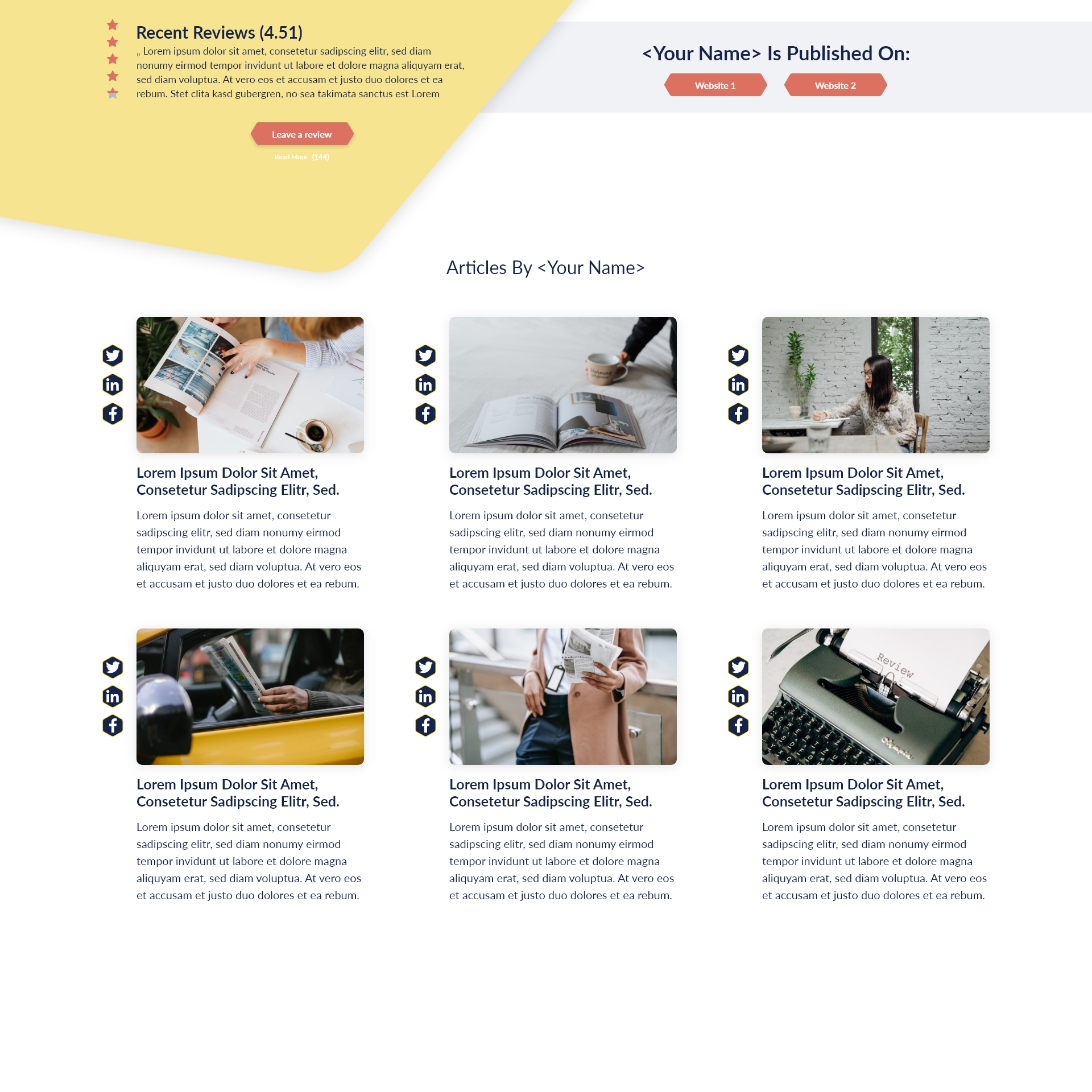Key Takeaways:
- Modern leadership training offers diverse options, including online and in-person solutions.
- Choosing between leadership courses or workshops depends on personal goals and organizational needs.
- Executive coaching provides tailored support that can boost individual performance.
- Online certification and assessment tools foster ongoing improvement for leaders.
- Tailored programs support diversity, team leadership, and organizational health.
Unlocking leadership potential is at the heart of modern training programs. Whether you’re an emerging manager or an established executive, understanding the range of options—from online certifications to hands-on workshops—can shape your path to becoming an impactful leader.
What Are the Core Elements of Effective Training Programs for Leaders?
Successful leadership hinges on more than intuition. Comprehensive training programs nurture vital skills to inspire teams, resolve challenges, and drive organizational success. Modern offerings present a blend of flexible learning options, allowing leaders to fit development seamlessly into their busy schedules.
Defining “Training Programs” in Today’s Leadership Landscape
Training programs for leaders center on personal and professional growth, equipping managers with relevant competencies. Today’s landscape includes traditional classroom experiences, self-paced e-courses, interactive webinars, and immersive workshops. The core focus spans everything from effective communication for managers to decision-making, emotional intelligence for leaders, and ethical conduct.
Incorporating Leadership Development Courses and Management Skills Seminars
Leadership development courses establish a solid foundation by covering essential topics—strategic planning, critical thinking, and communication. Meanwhile, management skills seminars address tactical needs, such as conflict resolution, feedback delivery, and team motivation. Combining these formats enables managers to balance theory with practical skills, facilitating immediate workplace impact.
Choosing Between Leadership Development Courses and Corporate Leadership Workshops
Leaders are often faced with choosing between structured courses or dynamic workshops. Both formats offer unique benefits, and understanding their distinctions helps align learning with leadership objectives.
Key Differences in Format and Outcomes
Leadership development courses provide a structured, sequential curriculum. Participants learn at a set pace, completing modules that build on one another. Assessments and case studies help reinforce concepts over weeks or months.
Conversely, corporate leadership workshops are intensive, shortened sessions focused on specific topics. They encourage participation, discussion, and hands-on activities. Outcomes tend to include actionable techniques that can be applied immediately within the organizational context.
How to Select the Right Option Based on Your Leadership Goals
When evaluating options, consider your organization’s needs and personal aspirations. Opt for leadership development courses to build comprehensive knowledge and a strong theoretical foundation. Choose corporate leadership workshops when seeking immediate, practical skills—such as handling feedback conversations or facilitating team leader training modules. Many leaders benefit from blending both, creating a tailored pathway.
How Executive Coaching for Leaders Enhances Performance
No two leaders are alike; personalized development unlocks unique strengths and addresses individualized challenges. Executive coaching for leaders has gained traction as an effective approach that moves beyond generic training.
Benefits of Personalized Coaching Versus General Training
Executive coaching provides tailored support, focusing directly on the coachee’s leadership style, strengths, and growth areas. This one-on-one process sharpens self-awareness, improves emotional intelligence, and enables managers to practice effective communication. Coaches serve as both mentors and accountability partners, guiding leaders through actionable feedback and strategic goal-setting.
In contrast, general training offers a broad framework but may lack the deep personalization needed for tackling complex leadership obstacles. Combining both approaches allows leaders to tap into a wealth of strategies while honing their unique potential.
Integrating Executive Coaching Within Broader Programs
Progressive organizations integrate coaching into larger talent development initiatives. Pairing executive coaching with leadership development courses or strategic decision making training enhances retention and accelerates skill application on the job. Managers benefit from both peer learning and focused individual guidance, providing a balanced developmental journey.
Pathways to Advancement: Leadership Certification Online and Assessment Tools
Continuous improvement is vital for leadership effectiveness. Digital platforms and assessment tools are revolutionizing leader development, offering access, flexibility, and actionable insights at every career stage.
Overview of Available Online Leadership Certification Options
Leadership certification online programs offer recognized credentials and structured learning experiences without geographic or time constraints. Topics may span transformational leadership strategies, communication for managers, or ethics training. Certifications can boost credibility, open pathways for advancement, and support lifelong learning.
Online options allow leaders to progress at their own pace, making it easier to balance work and development commitments. Interactive modules, real-world scenarios, and peer networking forums simulate real leadership challenges, ensuring relevant, applicable knowledge.
Using Leadership Assessment Tools for Continuous Improvement
Self-awareness is the cornerstone of effective leadership. Leadership assessment tools provide objective feedback, identifying strengths and development opportunities. These can include 360-degree reviews, personality inventories, and performance benchmarking.
Regular use of these tools encourages intentional growth, helping managers pivot strategies and target areas for improvement. Assessment results inform personalized action plans—whether through formal training, coaching, or leadership mentoring initiatives.
Specialized Team Leader Training Modules and Women in Leadership Programs
Organizations increasingly recognize the need for customized training to cultivate diversity, inclusion, and high-performing teams. Developing targeted modules for specific groups provides tailored support that addresses unique challenges.
Supporting Diversity and Inclusion Through Targeted Programs
Women in leadership programs focus on closing gender gaps, building networks, and fostering inclusive cultures. These initiatives help women navigate career advancement, negotiate effectively, and overcome systemic barriers within organizations. Topics may include leadership presence, sponsorship, and negotiation skills.
Diversity-forward training ensures all leaders can contribute to organizational success. By supporting underrepresented groups, organizations drive innovation, improve engagement, and strengthen succession planning for organizations.
Customizing Training Modules for Team Leaders
Team leader training modules zero in on practical skills for frontline and middle managers. These programs offer actionable techniques for communication, conflict management, and employee motivation. Modules are often flexible, allowing leaders to address relevant challenges as they arise.
Customizing content ensures solutions are immediately relevant. Managers learn how to navigate transitions, delegate effectively, and drive results through coaching and feedback. Embedding topics like emotional intelligence for leaders helps cultivate high-trust, resilient teams.
Developing Next-Generation Leaders through Transformational Leadership Strategies and Succession Planning
Keeping organizations agile requires intentional cultivation of future leaders. Transformational leadership strategies and comprehensive succession planning ensure a leadership pipeline ready to tackle evolving challenges.
Implementing Transformational Leadership in Your Organization
Transformational leaders inspire innovation, empower employees, and foster commitment to shared visions. Training in transformational leadership strategies emphasizes self-awareness, relational intelligence, and the ability to adapt to rapid change. Encouraging innovation, accountability, and collaborative problem-solving is essential for sustained organizational success.
Leaders who adopt this approach model resilience, empower teams, and ignite passion in others. Professional development offerings, including strategic decision making training, further reinforce these traits, enabling leaders to drive long-term impact.
Succession Planning for Organizational Sustainability
Succession planning for organizations is critical to ensuring business continuity. By identifying and nurturing high-potential individuals, organizations protect against talent gaps and mitigate risk. Structured leadership development, regular performance reviews, and mentoring initiatives foster readiness for greater responsibility.
An effective succession plan aligns organizational values with emerging talent. It ensures knowledge transfer, accelerates growth, and supports sustainable, resilient operations well into the future.
Ready to Elevate Your Leadership?
Investing in your leadership journey—through training programs, executive coaching, or team-based modules—fuels both personal advancement and organizational success. Explore the learning formats and specialties that align with your strengths and aspirations, and commit to continuous growth for effective, ethical, and impactful leadership.








